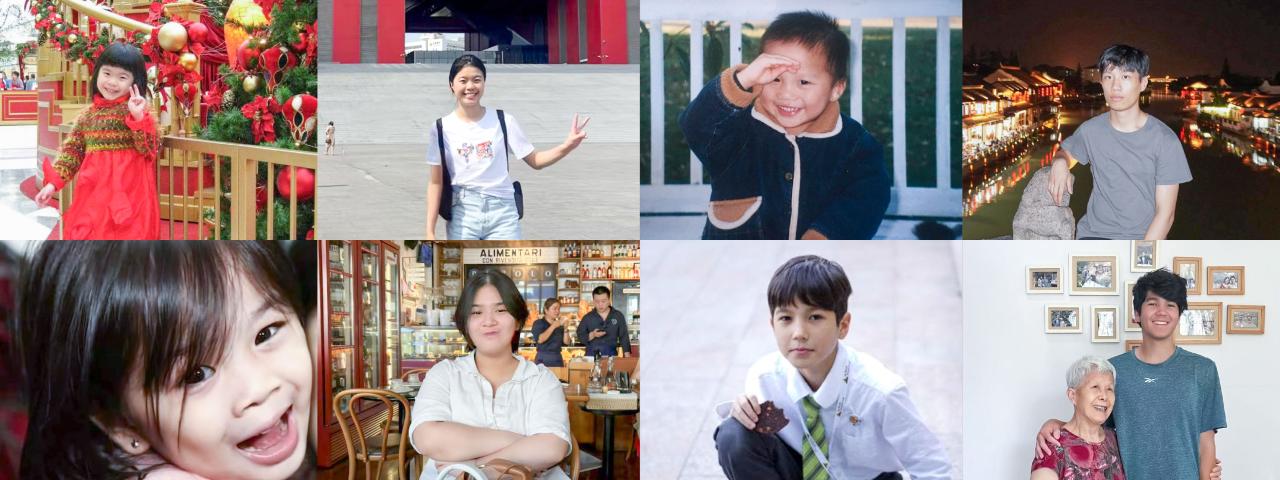
For many students with Chinese heritage who grew up in the diaspora, Mandarin is more than just a mother tongue —it’s a link to a culture and history they’ve never fully experienced. At NYU Shanghai, heritage language learners are getting a chance to improve their Mandarin skills while being exposed to the language outside of class and immersed in Chinese culture and society. This semester there are 53 students enrolled as heritage language learners, a notable increase from past years.
Zou Xin, director of NYU Shanghai’s Chinese Language Program, says studying Mandarin in China allows “invaluable opportunities for students to reconnect with extended family, cultural networks, and local resources.” She adds the program is exploring how to better leverage their connections to enrich heritage learners’ language learning and personal growth. The program also is collaborating with faculty specializing in diaspora studies and Asian American studies to tailor content specifically for heritage language learners.
Senior Chinese Language Lecturer Bi Jinghong teaches a class for heritage language learners and says her students face unique challenges navigating the gap between spoken fluency and linguistic and cultural literacy. Bi says she makes sure to include content to help them bridge this gap.
“My favorite part of teaching this course is watching students reconnect with their heritage and gain confidence in their language skills,” she says. “It’s incredibly rewarding to see them express more nuanced, personal thoughts and communicate more fluently with their families in Chinese language.”
Four heritage language learners shared with us what challenged and surprised them while studying Chinese at NYU Shanghai.
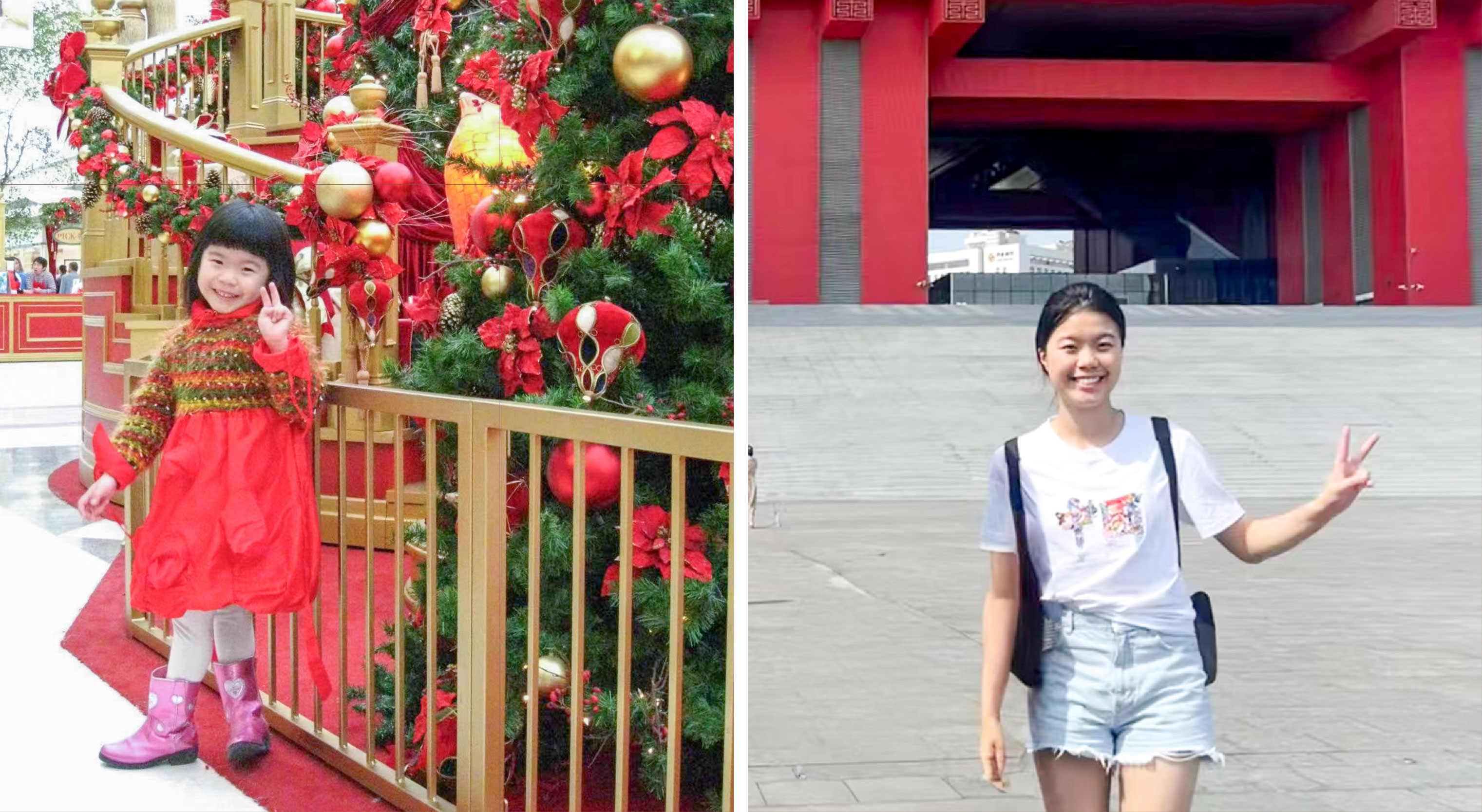
Name: Moon Liu NYU ’26
Major: Nutrition and Food Studies
Minor: Business
Languages Spoken: English, Cantonese, French, Mandarin
Hometown: Vancouver, Canada
Moon Liu grew up watching Cantonese dramas with her family and attending Mandarin classes in Vancouver from first through eighth grade. However, it wasn’t until taking Chinese at NYU Shanghai that she felt truly immersed in the culture, and all the puzzle pieces started coming together.
On the challenges: This class is actually pushing my limits, which I didn't really expect. You have to recall the Chinese character and write on the paper. We have bi-weekly quizzes as well. So we have to memorize the exact pinyin and there is a lot of vocabulary and character memorization.
On what she’s learned:
I get to learn about Chinese culture and Chinese history along with the characters and writing, so I think it's a very holistic kind of class. It’s not just memorization – it’s context-focused and the topics the professors choose are interesting.
What is your favorite word in Mandarin that you’ve learned?
三观 (Sān guān) My parents have always referenced this word. They tell me “when you get into a relationship, make sure you and the other person’s sanguan are the same.” Now, I know it represents three things – similar worldview, similar attitude towards life, and then similar values.
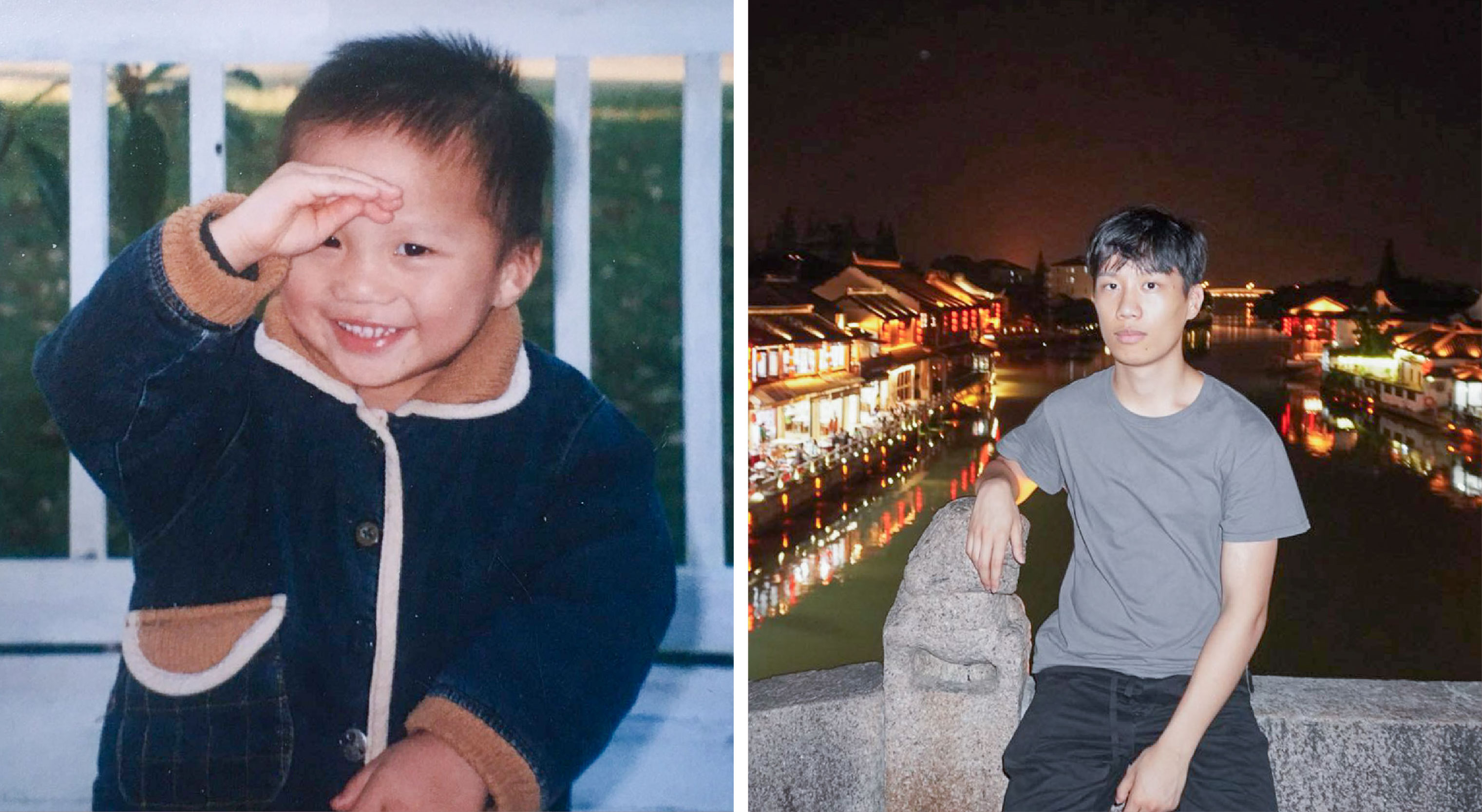
Name: Vinson Lin ’25
Major: Computer Science
Minor: Interactive Media Arts
Languages Spoken: English, Mandarin
Hometown: New York City, USA
Growing up in New York City’s Chinatown Vinson Lin received education in both Chinese and English up until 11th grade. But it was only in his senior year at NYU Shanghai that he developed an interest in learning more characters and enrolled in a Mandarin course.
On the challenges:
Recognizing new characters takes a good amount of practice and reading in context, but writing it takes an ungodly amount of time of repeated writing to fully memorize.
On what he has learned:
We're using so much Chinese in class and just learning about different topics or different trending topics within China, as well as looking at how our experience or background relates to what we are learning. We just learned about popular types of movies in China. That prompted us to see what Chinese movies we watched when we were younger. This class does a good job connecting my childhood to my studies.
Favorite Mandarin phrase?
躺平 (tang ping): It’s a popular term meaning to lie flat and do nothing. I like its meaning of lying flat as a rejection against societal pressure to overwork. Instead of overworking yourself, you should just relax and enjoy life.
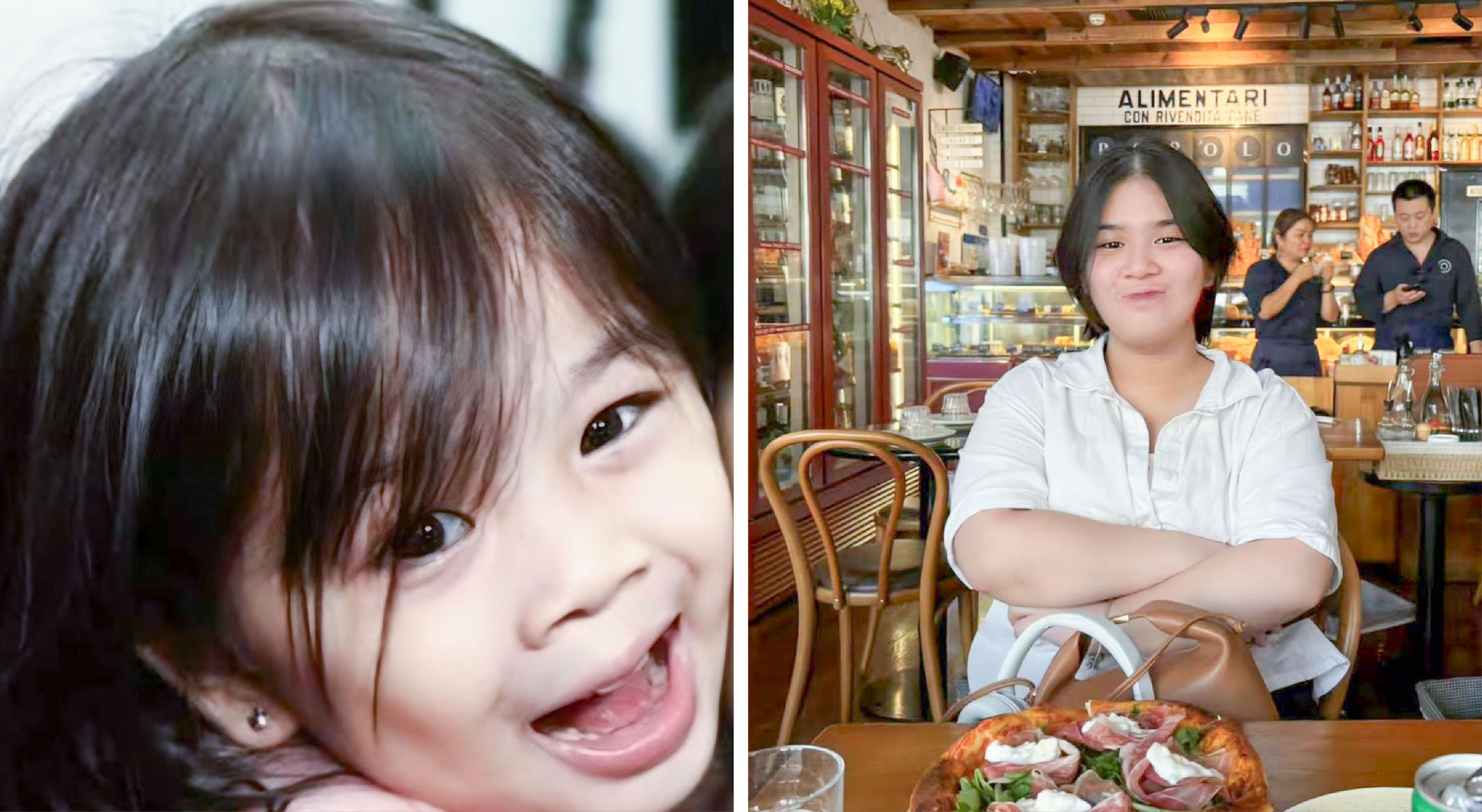
Name: Ice Chua ’28
Major: IMB
Languages Spoken: English, Tagalog, Mandarin
Hometown: Manila, Philippines
Growing up in a Fujianese family in the Philippines, Chua learned Mandarin and Tagalog in school, and spoke English at home with her parents, who also speak Filipino Hokkien. Not having grown up in China, she feels a cultural distance and she says learning Mandarin is a way of helping her connect with her heritage
On the challenges of learning Mandarin:
When it comes to the difficulties in class, sometimes I feel inferior because the other students in the heritage class are from China or their parents are from China and they can speak Mandarin, whereas my parents speak Hokkien. They are trying to learn Mandarin but we’re around the same level of proficiency, which makes it hard to practice sometimes.
On what she has learned:
I really hated Mandarin classes in high school. I thought it was annoying to have to memorize all the characters. But as I’ve gotten older, now I think I see the connection with my heritage. I want to use Mandarin now because I’m more connected to my heritage and because I can actually use it now that I’m living in Shanghai.
Favorite Mandarin word:
My favorite word is 重要 zhongyao (important). The reason is super shallow, but I kept using that word and it helped me pass the test.
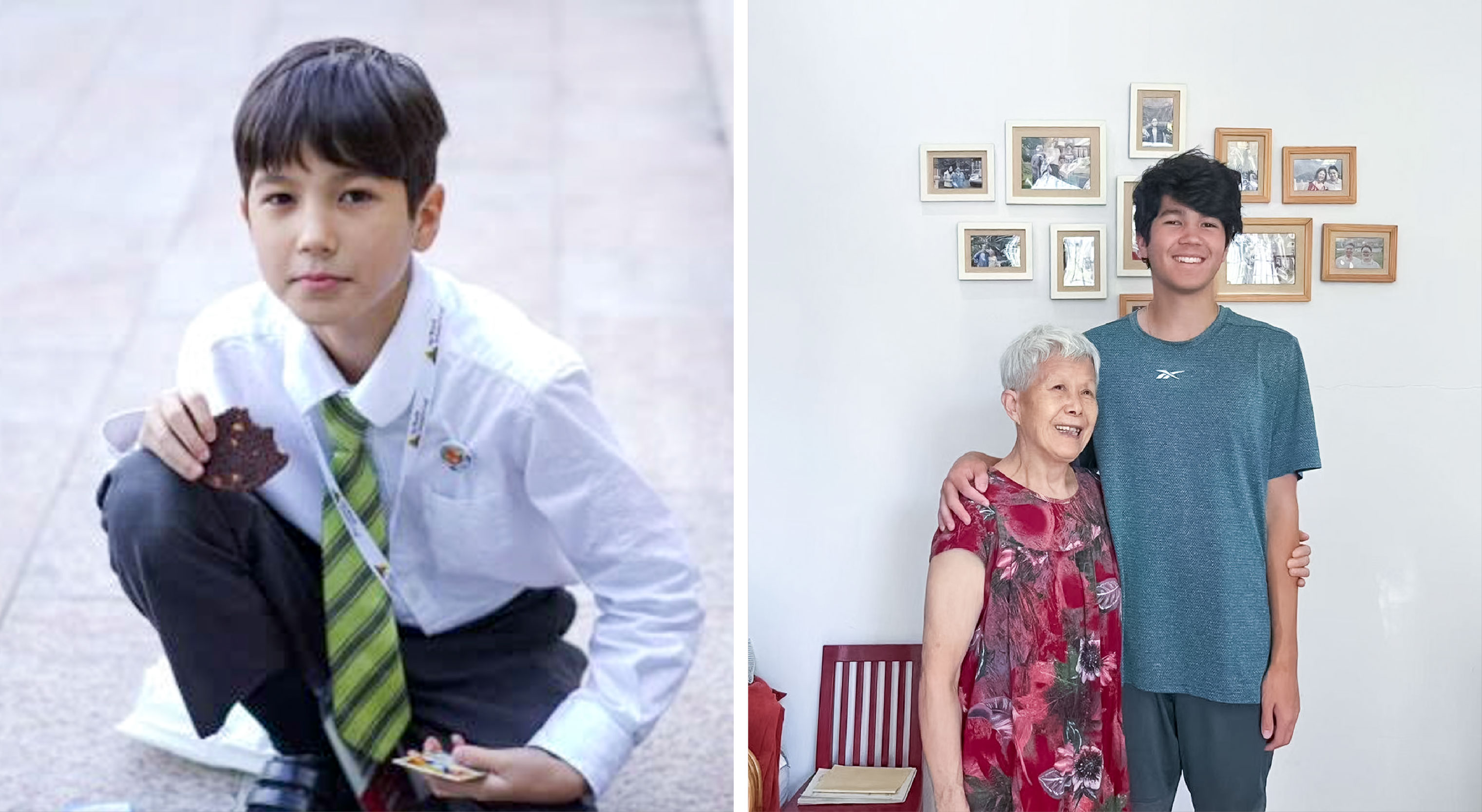
Name: James Pearlman ’28
Major: undecided
Languages Spoken: English, Mandarin
Home city: Westchester, New York
When James Pearlman moved with his family from Shanghai to the US in sixth grade, he stopped using Mandarin to read and write. Attending NYU Shanghai was a way for him to come home and improve his language skills, which he calls “a superpower that I should use.”
On the challenges:
Sometimes I can't say what I want to say, and then I pretty much don’t have a voice. It makes me feel really bad because most of the time other people can understand what I mean if I say the sentence in English. But I choose not to speak in English because the best way to get better at Chinese here outside of class is to be willing to speak it.
On what he has learned about himself:
In the US I felt like I forgot how to write almost every character that I ever learned. Now, when I see a character that I used to know, it comes back to me super quickly. On our first test, we had to memorize how to write probably 50 or 60 characters for the unit. I thought it was gonna be a brutal study session. But it turned out to be a much shorter time of looking at the characters, writing them down and then my childhood memory coming back to me.
Favorite Mandarin word?
I love the character for Biángbiáng miàn, I think it’s so cool that a language has a [complicated] character like that. I also like characters that have to do with water and movement because you can interpret what other characters mean from these ones.

